Dozens reported killed or wounded after Israeli airstrike on residential building in north Gaza
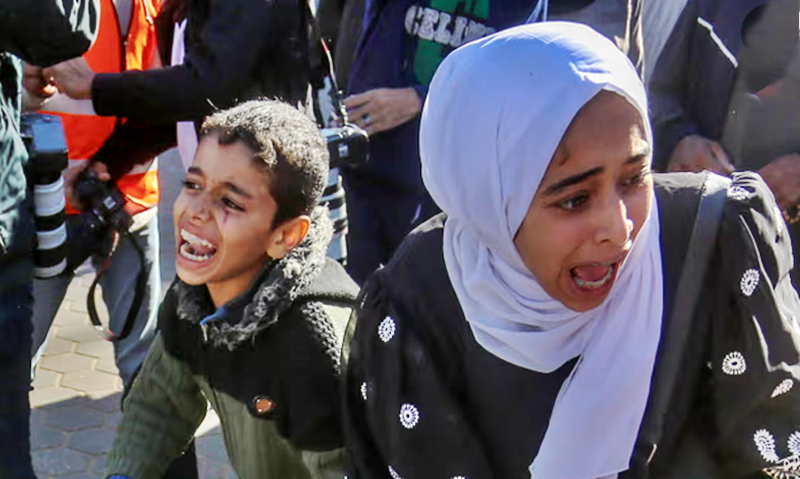
By Guardian - Jason Burke/William Christou -Sun 17 Nov 2024 13.08
Attack in Beit Lahiya follows reports of deadly attacks elsewhere in territory as Israel also strikes targets in Lebanon. Dozens of Palestinians have been killed or injured by an Israeli strike on a multistorey residential building in Beit Lahiya, northern Gaza, local medics and officials in the territory have said.
The government media office in Gaza, which is run by Hamas, put the number of those killed at 72. It said the strike on Sunday morning hit a residential building that housed six families.
There was no independent confirmation of the reports or the reported death toll, which followed intensive Israeli bombardment of targets across Gaza in recent days. Israeli officials have previously accused authorities in Gaza of systematically exaggerating reports of casualties from strikes in the territory.
The Palestinian Civil Emergency said around 70 people were living in the property.
In Lebanon, Israel’s air offensive has continued with strikes in central Beirut – the first in over a month - and elsewhere reported on Sunday morning.
Mohammed Afif, the head of Hezbollah’s media office, who has been the public face of the group throughout the war, was killed in a strike on a Ba’ath party centre in Ras al-Nabaa, central Beirut, that collapsed the building’s top floor.
Three attacks were reported on separate locations in the Lebanese capital’s southern suburbs, a Hezbollah stronghold, sending thick clouds of white smoke over the targets.
There were also reports of strikes in several other areas of the country, including the port city of Tyre.
In a statement, the Israeli military said the attacks were “intelligence-based” and targeted Hezbollah command centres and infrastructure. Advance warnings had been given to civilians, the statement added.
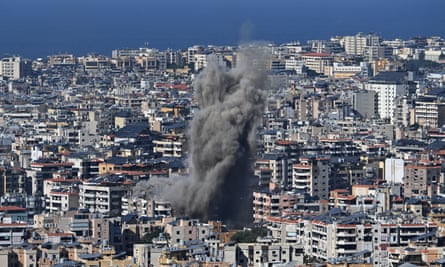
The latest strikes in Lebanon came as Israel’s media reported that Israeli troops had advanced as far as three miles (5km) from the contested border.
Israeli media said the Israel Defense Forces were deliberately “blurring” the extent of its operations in Lebanon, even though most aims set out by the Israeli government had been achieved.
“The IDF won’t admit this, but the Northern Command completed the mission it was given by the political leadership two weeks ago, on schedule. That mission was to remove the threat of an … invasion of the Galilee,” wrote Yoav Zitun in the Israeli newspaper Yedioth Ahronoth.
The airstrikes in Gaza on Sunday came amid Israeli offensives in Beit Lahiya and the nearby towns of Beit Hanoun and Jabaliya.
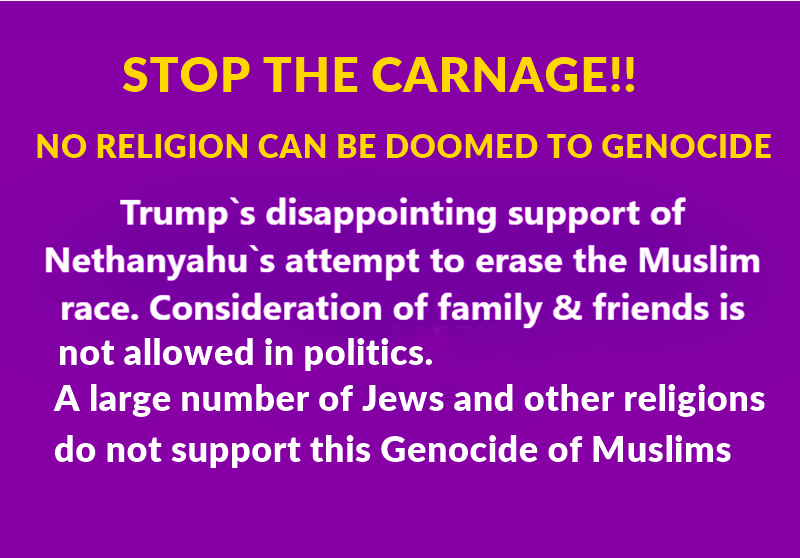
The tight siege of the three towns and a series of evacuation orders has raised widespread concerns that Israel intends to force civilian populations to leave the northernmost parts of Gaza and will not permit their return.
“Over the last weeks, conversations in Gaza have been intense about the so-called ‘Generals’ Plan’ … within the Israeli forces … which consists of wiping Palestinians off the northern part of Gaza by either killing them, forcing them out, or starving to death those who stay,” Médecins Sans Frontières said on Friday.
“The way the ongoing offensive in the north is being waged … reinforces the idea that we are witnessing the execution of this plan,” the NGO added.
Israel denies any such intention and says the offensives, launched last month, are an effort to prevent Hamas from regrouping in areas that have been cleared in previous multiple rounds of combat.
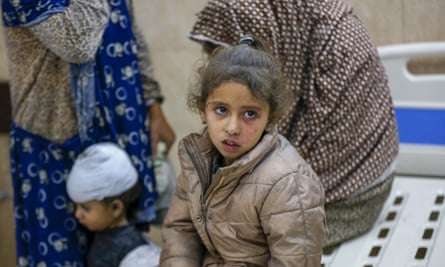
Earlier on Sunday, an Israeli airstrike killed at least 10 people in the Bureij refugee camp in central Gaza, when a missile hit a house, medics said. Four other people were reported to have been killed in the nearby Nuseirat camp.
On Saturday evening, an Israeli airstrike on a UN-run school sheltering displaced people killed 10 and wounded 20 others, the Palestinian news agency Wafa reported.
Israel’s military, which has accused Hamas repeatedly of using civilians as human shields, said it struck a command centre of the militant Islamist organisation in the compound.
The war in Gaza began after Palestinian militants from Hamas and other armed groups launched a surprise attack into southern Israel in October last year, killing about 1,200 people – mostly civilians – and abducting 250 others.
About 100 hostages are thought to be still inside Gaza, about a third of whom are believed to be dead. Israelis rallied again in Tel Aviv on Saturday night to demand a ceasefire deal to return the hostages.
The Gaza health ministry said 43,799 people have been confirmed dead in Gaza since the war began. More than half of identified casualties have been women or children.
Israel launched its offensive against Hezbollah in Lebanon to allow an estimated 60,000 Israelis to return to homes near the border evacuated in the first days of the war for fear of attack and bombardment by the militant Islamist group.
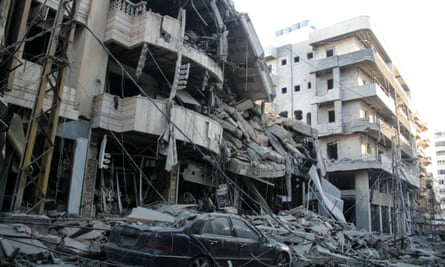
Although Hezbollah’s capabilities have been significantly reduced, it has continued to fire rockets and missiles into Israel since the beginning of the conflict in Gaza.
Israel’s military said on Saturday that Hezbollah had fired more than 80 projectiles across the border that day. Most were intercepted or did not cause injuries but a synagogue was struck and two civilians were wounded in a “heavy rocket barrage” by Hezbollah on Haifa, northern Israel’s largest city. Police said the civilians’ injuries were light. Hezbollah said it fired missiles at five Israeli military facilities in Haifa and its suburbs.
More than 3,400 people have been killed in Lebanon by Israeli fire, 80% of them in the past eight weeks, according to the Lebanese health ministry. Israel’s military said a soldier died in combat in southern Lebanon on Friday.
By the beginning of November, more than 60 people have been killed in northern Israel and the occupied Golan Heights by Hezbollah attacks in almost 13 months of the conflict. Many more injured have been injured.
Hezbollah, which is backed by Iran, has previously linked any ceasefire in the north to an end to the Israeli offensive in Gaza, though some analysts now believe the group may consider a separate deal.
A copy of a draft proposal presented by the US earlier this week was handed over to the speaker of Lebanon’s parliament, Nabih Berri, who has been negotiating on behalf of Hezbollah, according to a Lebanese official. The proposal is based on UN security council resolution 1701, which ended the last Israel-Hezbollah war in 2006.
Reuters and AP contributed reporting
